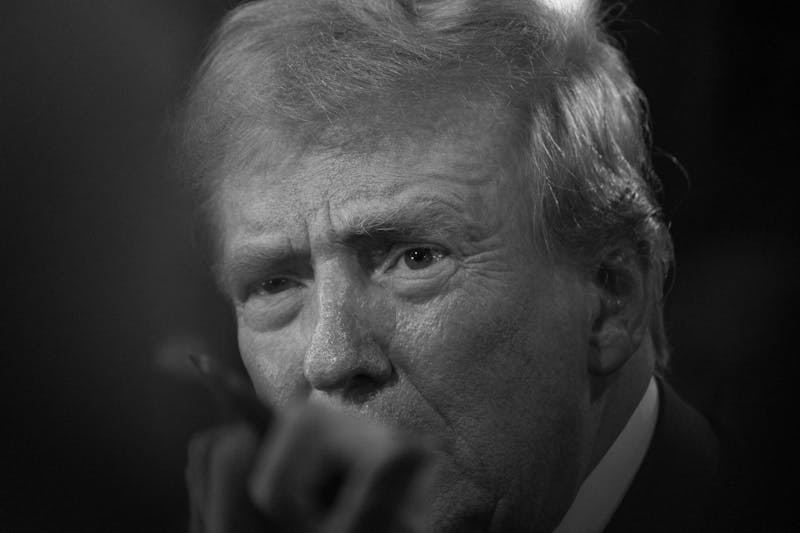Legal Studies and Business Ethics professor Kevin Werbach has recently returned from his position as the co-leader of the Federal Communications Commission review in President Barack Obama's transition team.
He sat down with The Daily Pennsylvanian to discuss his role on the transition team.
The Daily Pennsylvanian: What are the objectives of the presidential transition team?
Kevin Werbach: The new team has to staff up the leadership ... get an understanding of the existing agencies ... and the challenges they are going to face. They also need to develop the budget - the President has to present the budget not long after inauguration.
DP: What is the role of the FCC?
KW: The FCC is the regulatory agency that oversees the communications and media industry. My particular interest and expertise focuses on emerging technology and Internet policy.
DP: How does this administration's transition process compare to previous years?
KW: The Obama administration, I think everyone agrees, had a more organized, more active transition process than anyone had ever seen before.
DP: How different is the Obama administration's use of technology to that of previous years?
KW: Six months ago the Bush administration did the bailout program ... there was no transparency at all. We are just finding out now things that the banks spent money on.
Just a couple of months later, the Obama administration is doing its stimulus package, and it is setting up a Web site to make that transparent and ... make data available online to serve the public.
It's not that something was invented now that was not available in the fall of 2008; it is that now there's a commitment and a will to use it.
DP: How involved is Obama himself in this new technological focus?
KW: The President of the United States really gets it ... not just for processes and getting things done but what it means for society ... it can bring together a group of like-minded people to try to change the world in a way you couldn't before.
DP: Have you been involved in government technology in the past?
KW: I worked at the FCC in the mid 1990s and ... we put electronic comment filing online -- that was pretty revolutionary. The tragedy is that the Web site and filing system that I helped build 12 years ago is exactly the same one they still have now.
DP: What do you think about the government investing in technology?
KW: Government can and should do a lot more in terms of research and development ... there are lots of investments that are socially beneficial ... but simply will not happen in the private sector.
DP: How up to date are you in terms of technology? Are you on Facebook?
KW: I'm on all the major social-networking sites. I've got pretty close to 1400 friends on Facebook, a couple thousand on Twitter.
DP: Have you been surprised at all by the technologies that have become popular?
KW: The surprise is which technologies and particular implementations have taken off.
For example, in January 1999 I interviewed the founders of Google ... and I thought they had some really interesting technology ... but had no idea that they would become what they later became.
DP: Will information technology help with the War on Terror?
KW: These terrorist groups are social networks ... you can't understand them like you would a conventional army.
If we want to find the core of these terrorist networks we should use social-networking technology to model how they operate.
The Daily Pennsylvanian is an independent, student-run newspaper. Please consider making a donation to support the coverage that shapes the University. Your generosity ensures a future of strong journalism at Penn.
DonatePlease note All comments are eligible for publication in The Daily Pennsylvanian.







